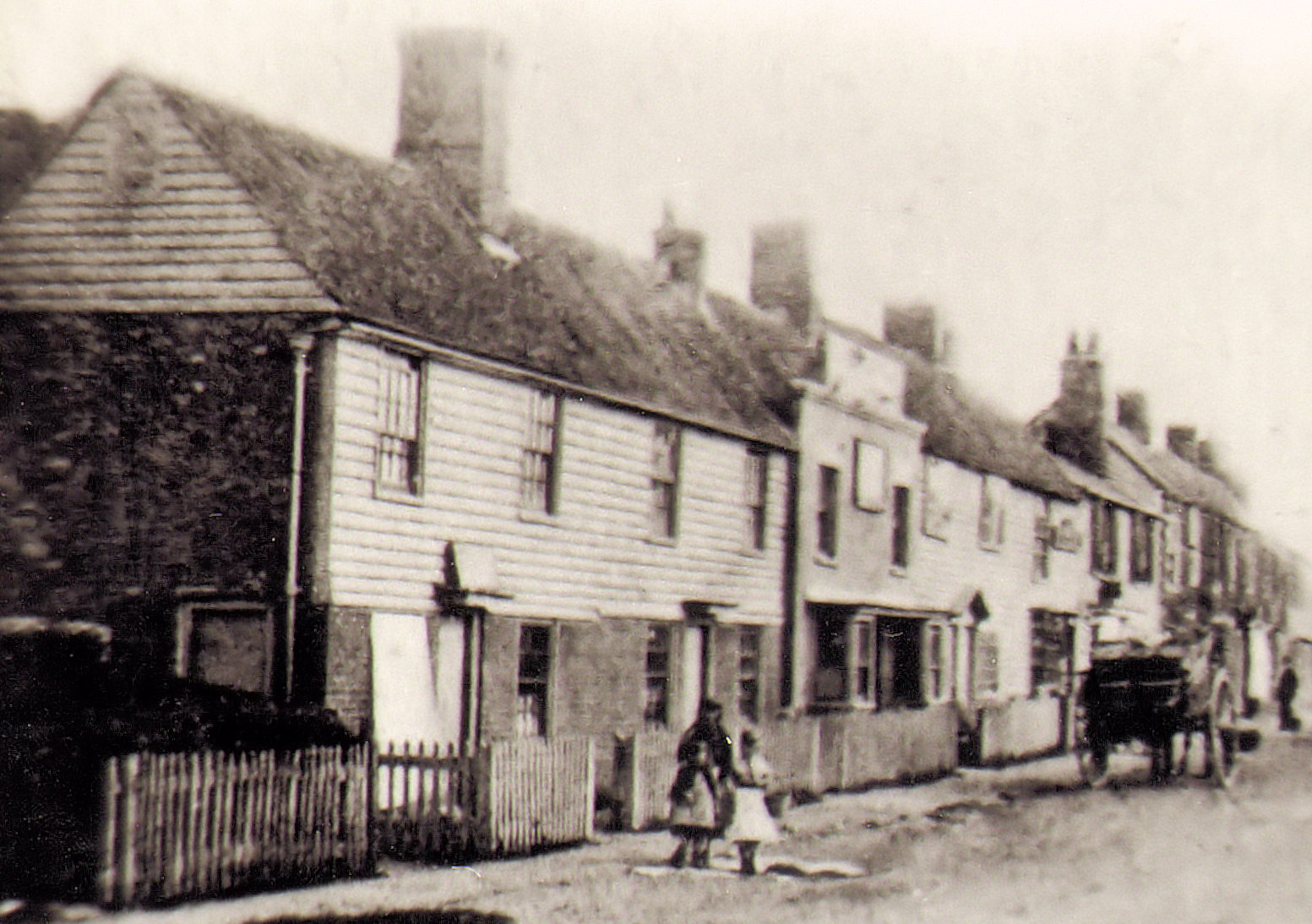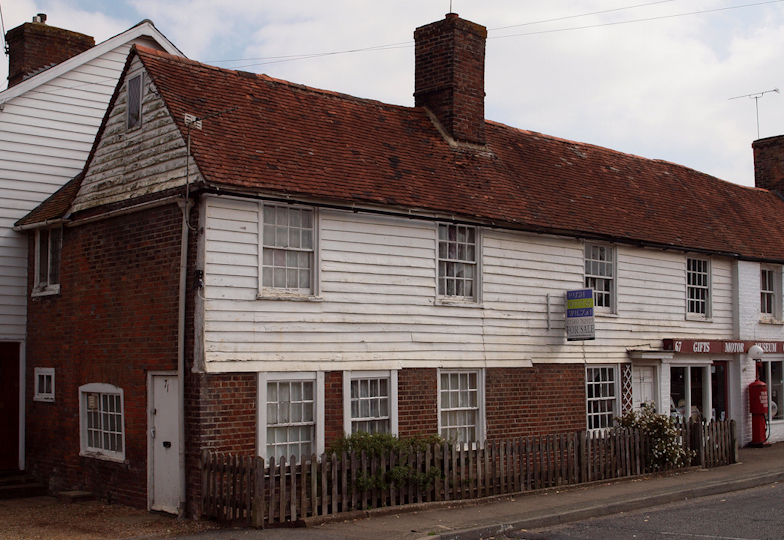Some days ago, someone on one of the family history groups I follow posited the question of what our ancestors would have thought of our family history researches. Which in some ways amount to delving into their lives.
I don’t know what they would have thought. No! Wait! Actually I do: they would have wondered why we find them so interesting. It’s a bit like how Noreen reckons the medieval masons would wonder about why we spend so much time, effort and money shoring up our old churches and cathedrals: I’m sure their attitude would be “Why are you repairing it? Can’t you already do better than that!”
I’m also fairly sure that our ancestors would be astonished at our lifestyles. OK, so we live in a 1930s terraced house, which is really the 1930s version of a Victorian two-up-two-down. But we have more space, better amenities, and more money than most of them ever would.
One thing Noreen and I have been doing over the last year, during lockdown, is making sure that we eat well. Actually we always did eat well; just it got a bit better! Food and wine are two of life’s pleasures, so they help with keeping morale up and helping keep us healthy (maybe!).
Now our ancestors (both mine and Noreen’s) were in large part AgLabs, labourers (skilled and unskilled), mariners and fishermen. They would not have had a lot of money; nor good housing; and they may well not have had access to good or sufficient food, with the possible exception of bread and beer.
One of the comments Noreen often makes is to wonder what our ancestors would have thought of our food habits. We can (and sometimes do) have strawberries and cream in the winter; pheasant; decent sized pieces of good meat; fresh and smoked salmon; duck salad with asparagus (in season); wine with a meal; and at weekends a liqueur with our strawberries. As she says, they’d probably say we were living like the gentry.
But then compared with them we are the gentry! At least in terms of our disposable (and secure) income, secure housing, and easy access to good food.


Stephen Marshall (1849-1946) was born.
Top: as it was probably c.1900. Bottom: as it was in 2014.
It is salutary to think that my father’s maternal great-grandfather Jabez Hicks (so my great-great-grandfather; born c.1820, died 1905), a mariner in Dover, would likely not have had a very wonderful diet, or good housing – even after he became a coal & wood merchant and lived his last few years on his own means. He lived in a pretty ramshackle area of Dover, near the docks, for most of his life. His sons mostly did well for themselves: working on the railway; in a senior position for Dover Council; with a business as a fly-proprietor (the taxi/car hire company of the day). But then, largely due to two World Wars, things pretty much stagnated until our generation and the easier availability of good secondary education and universities.
Although we were born with no silver spoons in sight and we’d both say we’re working class (at the very, very best lowest middle class) by origin, yes, we’re privileged on many counts:
- We’re white, cis, able-bodied, heterosexuals.
- Our parents were married before we were born.
- Although our families were never well off, they got by without state help or social workers.
- We can read, write and think fluently.
- Our parents engaged with us, encouraged us, and taught us many things outside school.
- We had the last of the good, free, grammar school education in the 1960s.
- We also had state funded university education (around 10 years between us) in academic subjects.
- That enabled us both to have professional jobs for prestigious institutions.
- Our jobs paid enough for us to buy our own house (despite stinging interest rates), without recourse to the Bank of Mum & Dad.
- Our jobs also provided us with pensions; and our parents frugality with some money in the bank.
- We’re our own people, with our own, considered, views and beliefs.
To our ancestors (in general) most of that would have been things to aspire to, and would certainly mark us out as at least solidly middle class. All basically thanks to our hard work and our parents’ thrift and foresight.
We may be privileged, but it is largely privilege of our own making. Thanks to the inexorable rise of capitalism (I blame a combination of Harold Wilson and Margaret Thatcher) sadly a lot of the younger generations today do not have many of those opportunities we had. I’m sorry to say that our generation of “boomers” forgot its (mostly hard-earned) privilege and we’ve buggered it up for the younger generations.
